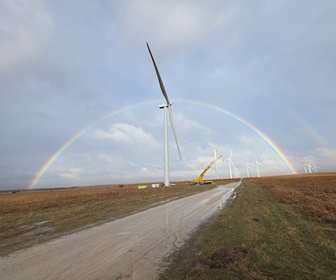Almost without exception, European markets slipped down EY's Renewable energy country attractiveness index (RECAI) rankings while less mature markets across Latin America, Africa and Asia continued their ascent, reveals the latest edition of the report.
Chile (4), Brazil (6) and Mexico (7) climbed higher in the index top 10, while Germany (5) and France (8) fell in the latest ranking. Last year, renewable energy investments in the developing world overtook those in the developed world for the first time.
Chile is one of the first markets to enable economically viable renewables projects to compete directly with all other energy sources. At the same time, Brazil's renewables sector is showing surprising resilience amid an economic downturn.
And Mexico's recent power auctions have opened the door to multi-billion dollar opportunities under a new liberalised energy market. Meanwhile, European markets appear to be scaling back their ambitions as they address the challenges of marrying up increasingly mainstream renewables with a legacy of centralised conventional power generation.
The US (1), China (2) and India (3) held their positions at the top of the index with the size and scale of renewables activity surpassing other countries. Argentina was the highest-scoring new entrant. The transformation of the country's economy and rollout of an ambitious renewables program under its new pro-market government brings it into the index in 18th position, and reinforces how quickly new markets can redirect the focus of developers and investors.
Ambitious targets and low pricing alone will not be enough to promise investment attractiveness. The ability of markets to climb, or stay in will depend on projects being built, and commercial viability enabling the supply of affordable energy in a competitive environment, according to Ben Warren, EY's Global Power & Utilities Corporate Finance Leader and RECAI Chief Editor.









